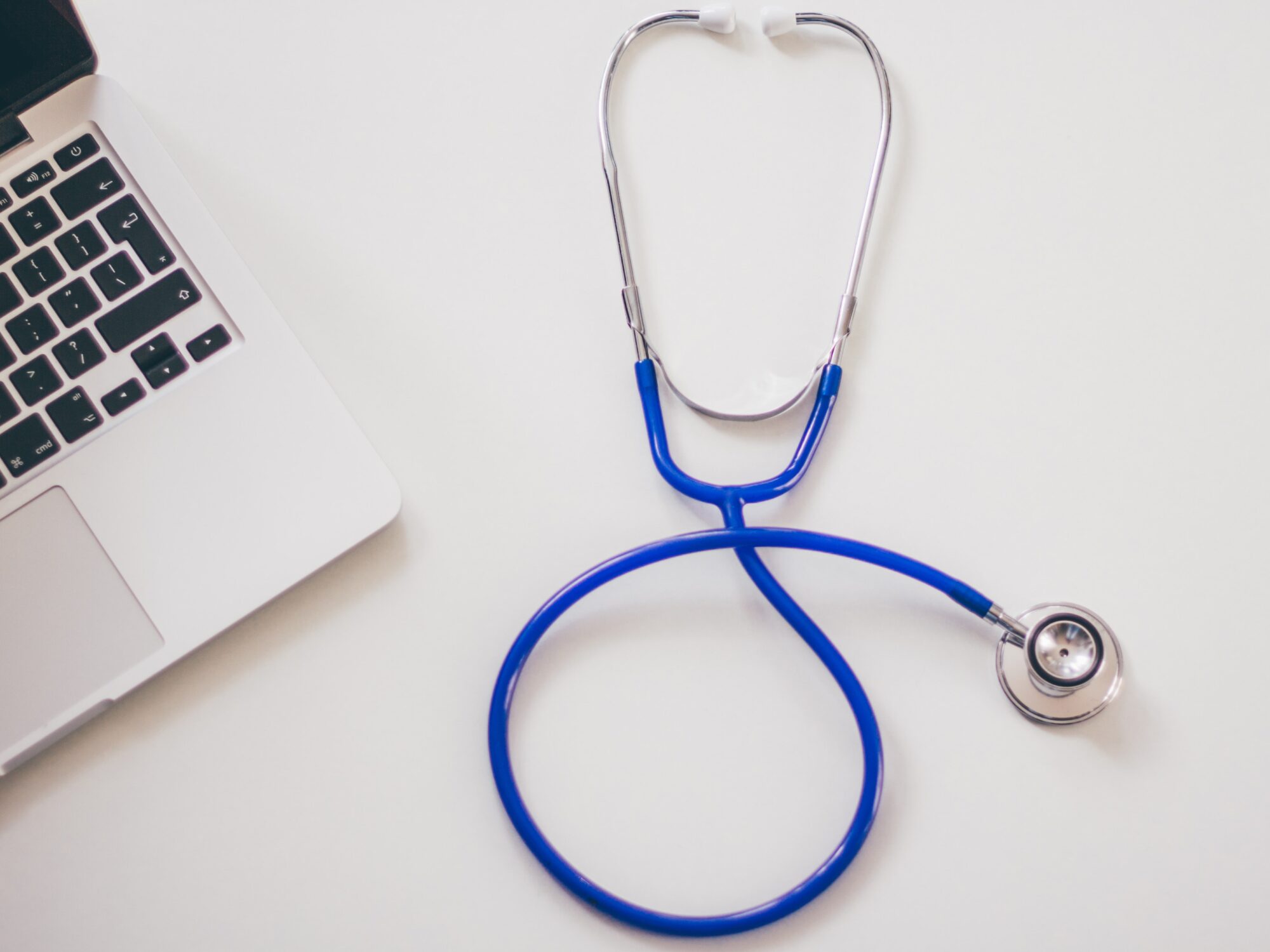Changemaker Catalyst Award recipient Harmonii Odinga, attended the Social Medicine Consortium’s (SMC) Campaign Against Racism (CAR) conference and workshop. Harmonii is a graduate student in the school of public health (class of 2021) studying global community health.
On October 25th I boarded a flight to El Paso and although a proud Texan, this was my first time to the western most city in my state. There was a lot I have yet to learn about life near the border but the landscape and the buildings I noticed on our drive to Las Cruces were my first instructors. Rolling barren hills stood in stark contrast to the swamps I was used to in the cities I call home around Houston and New Orleans. Then there was the border. A fence that didn’t seem to end dividing the otherwise unified landscape. In addition to the border, I frequently noticed a larger police and military presence that I was accustomed to.
I shared this car with a medical student, and an epidemiologist from South America heading toward Las Cruces New Mexico, a small town near the U.S-Mexico border, to participate in a retreat/workshop series with the Social Medicine Consortium´s Campaign Against Racism. We would be joined by other students, doctors and health professionals from other areas in the United States as others from as varied countries as Haiti, Brazil, Zimbabwe, Uganda, and Palestine. The group gathered in this conference were several dozen members of the Social Medicine Consortium (SMC), an organization founded by Dr. Michelle Morse and Dr. Michael Westerhaus, formed of individuals and organizations committed to bringing about health equity. As part of this mission, SMC together with Dr. Camara Jones founded the Campaign Against Racism (CAR) to help organize efforts to address how racism continues to perpetuate health inequity. That weekend, in a town that is one of the many sites of racial and economic tension along the border, I along with a few dozen students, professionals, and activists from around the world gathered to deepen our knowledge around racism as health inequity and strategize ways to combat injustice in our respective areas of the world.
The conference featured interactive workshops including theatre of the oppressed, strategic goals and tactics, as well as lessons on distributive leadership. Educational workshops included those examining the intersection of racism and capitalism, postcolonial theory, and theories of change influenced by the Alinsky model of community organizing. Some of the most powerful lessons I took away from these workshops is that racism cannot be understood without a deep understanding of capitalism and the history of how systems of racial superiority worked in tandem with economic systems to create modern society. I learned too that being clear on leadership and strategy as well as an iterative understanding of community organizing were essential in building a movement to fight for health equity. Especially impactful were the lessons I gleaned from practicing theatre of the oppressed– an educational method using body movement and participatory theatre (rather than mere discussion) to act out forms of oppression and resistance. I learned to connect with my body and to recognize and respect it and others´ bodies as valid instruments of truth telling; I learned to “speak out” against oppression does not always require literal speech.
In reflecting on my experiences with my friends and colleagues that weekend I am left with additional questions and thoughts moving forward that I am still attempting to resolve. One of which concerns how legitimate and powerful can health professional (doctors especially) be in combating health inequity when this inequity, often clandestinely, is to their favor. For example, would doctors making six figure incomes accept lower income or no pay, en masse, to serve communities of uninsured or who could otherwise not afford care? Would doctors, or rather hospital CEOs, support universal healthcare if it meant limits on how much money they could make? Does the power and privilege doctors (and more broadly all health institutions and the individuals therein) hold in society prevent them in any way from being effective agents for the people’s health?
For my own context as a public health student aspiring to become a physician, this conference has given me some of the tools I will need to pursue a career with a mindset keenly focused on health equity. I am comforted in knowing the community I found at this conference is sure to bolster me along the way. It is my hope for the future that I always remember medicine as first and foremost a social science. With this recognition, I´ll keep close to my heart the understanding of healing as a more expansive concept that includes healing of communal and societal relations, of addressing inequities and seeking justice, rather than just a matter of individual biology.
